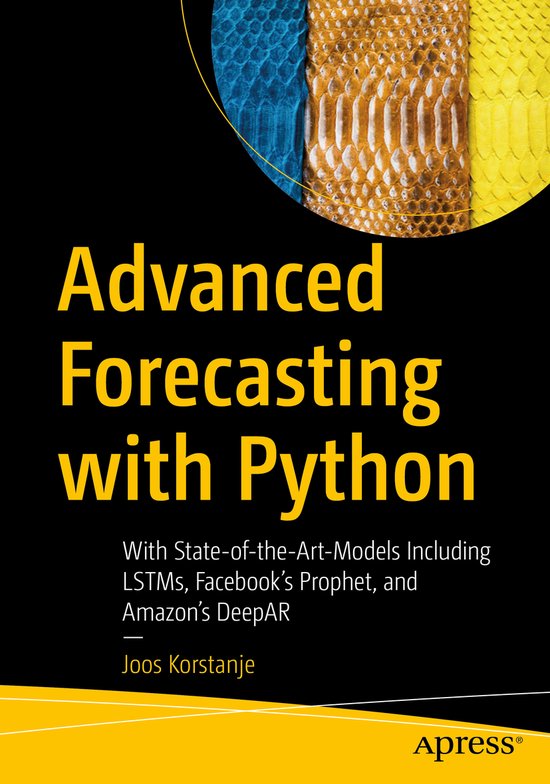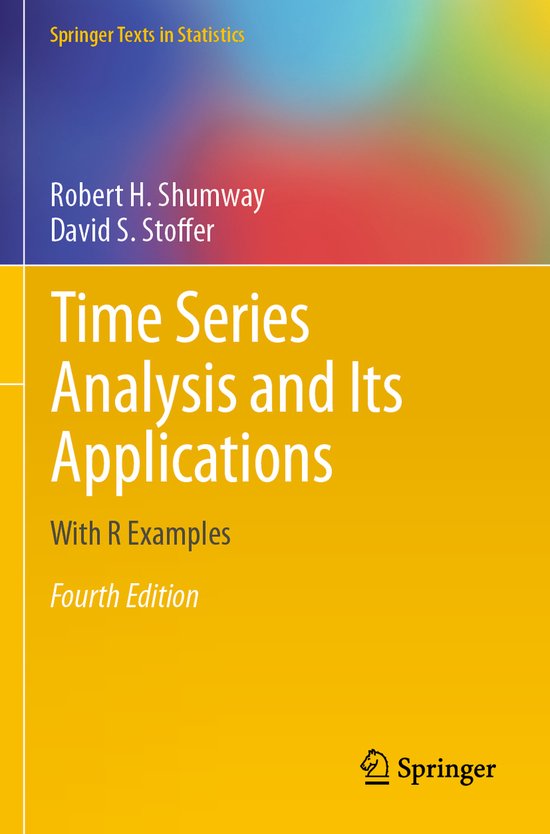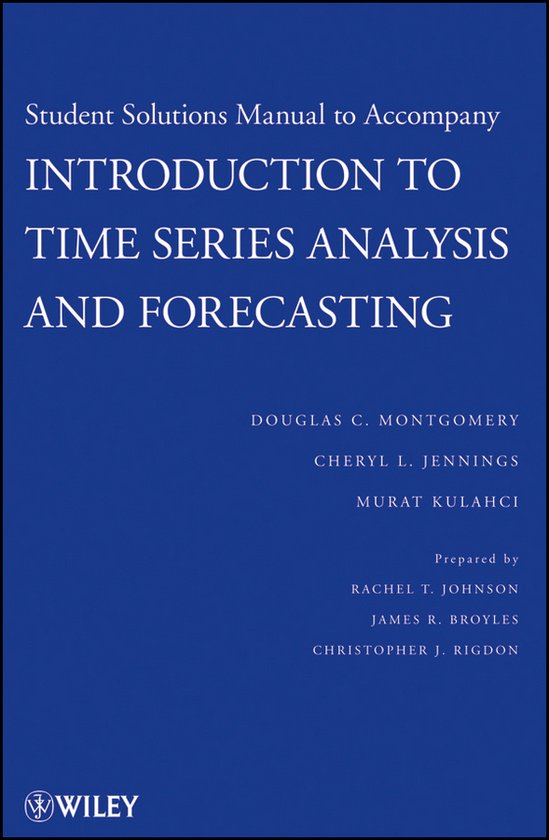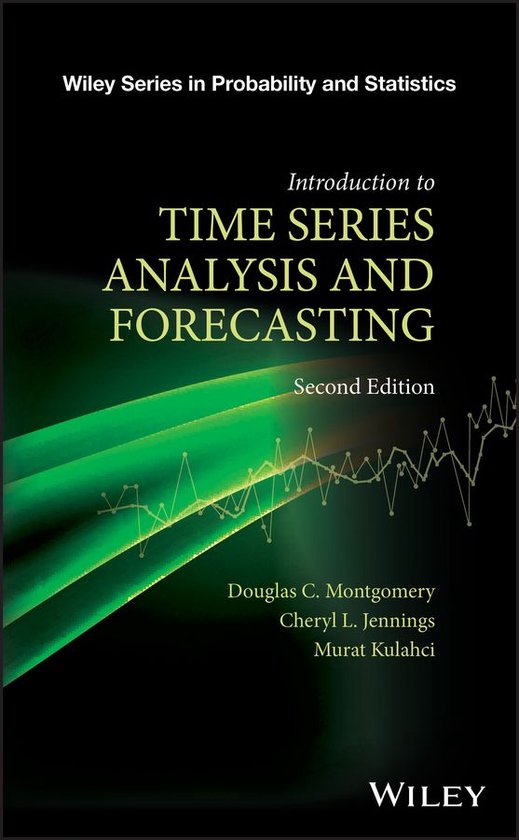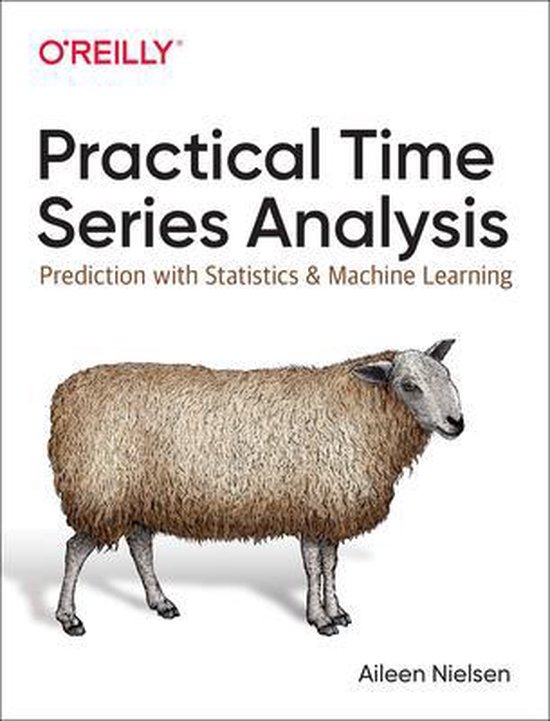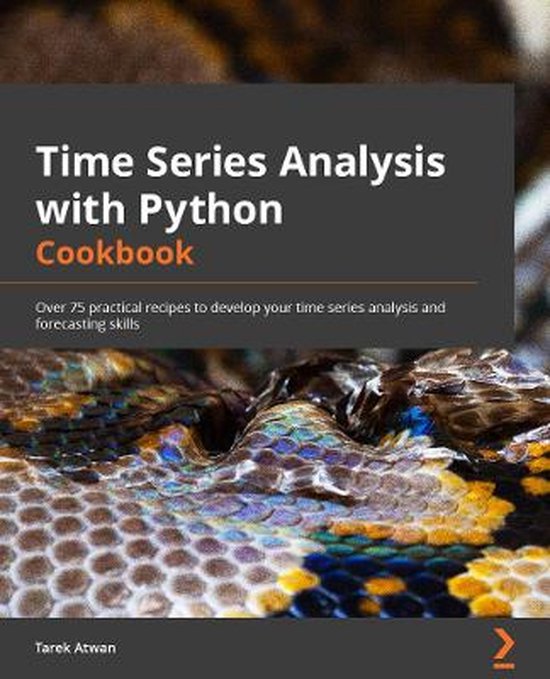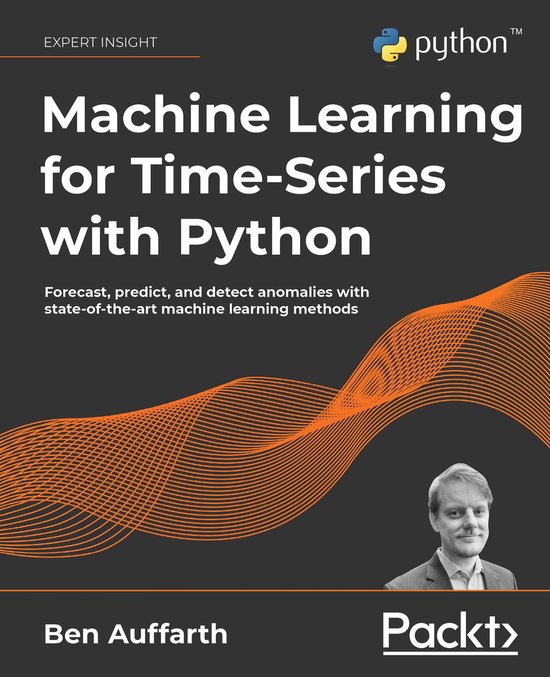
Machine Learning for Time-Series with Python
Get better insights from time-series data and become proficient in model performance analysis
Key Features- Explore popular and modern machine learning methods including the latest online and deep learning algorithms
- Learn to increase the accuracy of your predictions by matching the right model with the right problem
- Master time series via real-world case studies on operations management, digital marketing, finance, and healthcare
The Python time-series ecosystem is huge and often quite hard to get a good grasp on, especially for time-series since there are so many new libraries and new models. This book aims to deepen your understanding of time series by providing a comprehensive overview of popular Python time-series packages and help you build better predictive systems.
Machine Learning for Time-Series with Python starts by re-introducing the basics of time series and then builds your understanding of traditional autoregressive models as well as modern non-parametric models. By observing practical examples and the theory behind them, you will become confident with loading time-series datasets from any source, deep learning models like recurrent neural networks and causal convolutional network models, and gradient boosting with feature engineering.
This book will also guide you in matching the right model to the right problem by explaining the theory behind several useful models. You'll also have a look at real-world case studies covering weather, traffic, biking, and stock market data.
By the end of this book, you should feel at home with effectively analyzing and applying machine learning methods to time-series.
What you will learn- Understand the main classes of time series and learn how to detect outliers and patterns
- Choose the right method to solve time-series problems
- Characterize seasonal and correlation patterns through autocorrelation and statistical techniques
- Get to grips with time-series data visualization
- Understand classical time-series models like ARMA and ARIMA
- Implement deep learning models, like Gaussian processes, transformers, and state-of-the-art machine learning models
- Become familiar with many libraries like Prophet, XGboost, and TensorFlow
This book is ideal for data analysts, data scientists, and Python developers who want instantly useful and practical recipes to implement today, and a comprehensive reference book for tomorrow. Basic knowledge of the Python Programming language is a must, while familiarity with statistics will help you get the most out of this book.
| Auteur | | Ben Auffarth |
| Taal | | Engels |
| Type | | E-book |
| Categorie | | Computers & Informatica |
